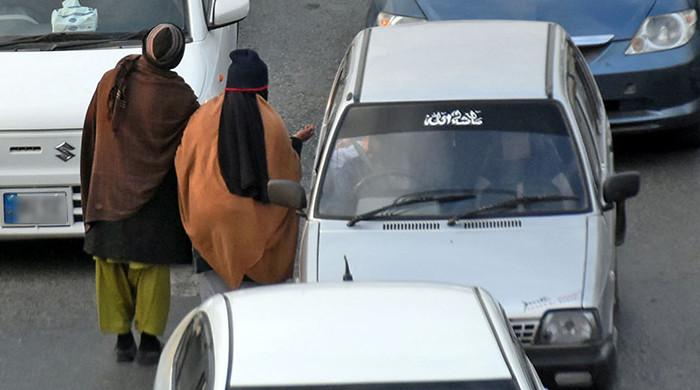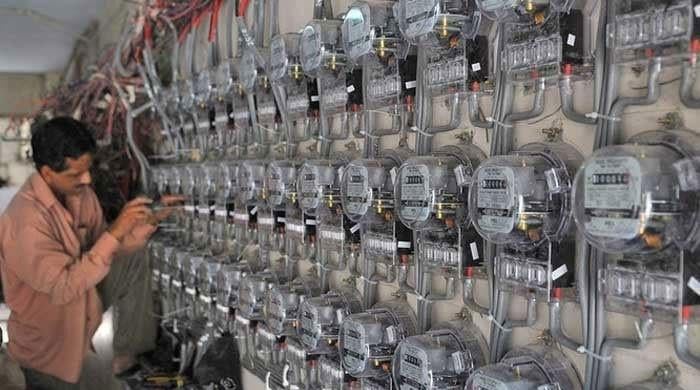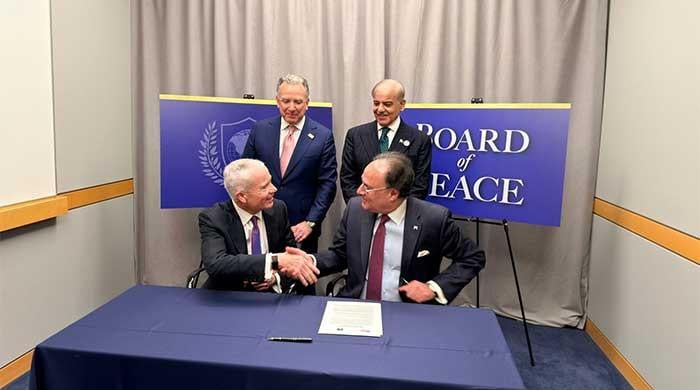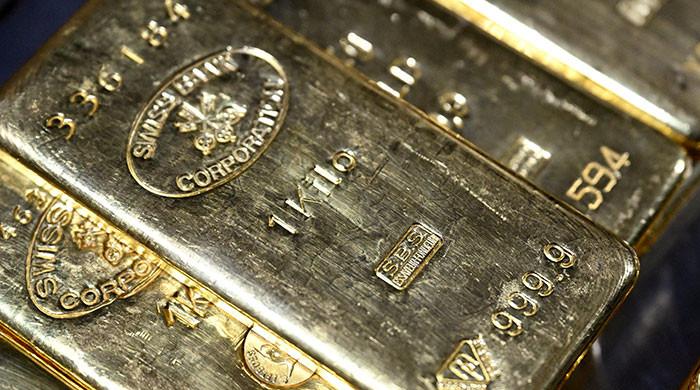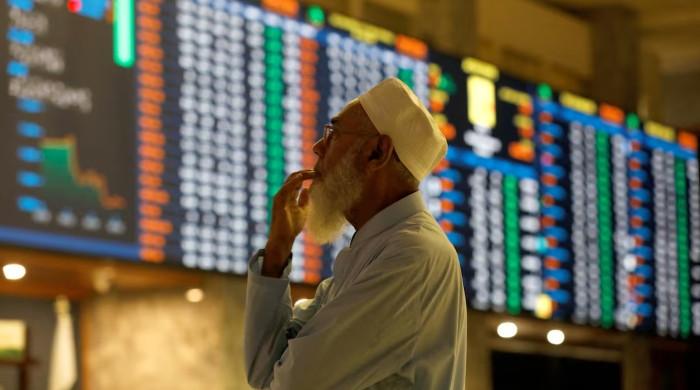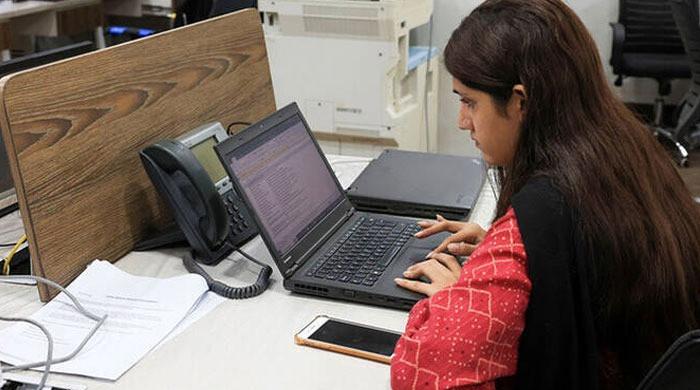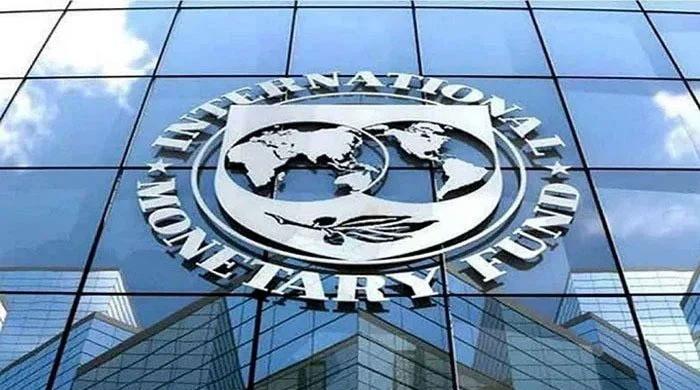IMF asks Pakistan to raise electricity, gas prices to match cost recovery
IMF had approved the sixth review and $1 billion tranche under the $6 billion Extended Fund Facility for Pakistan
February 07, 2022
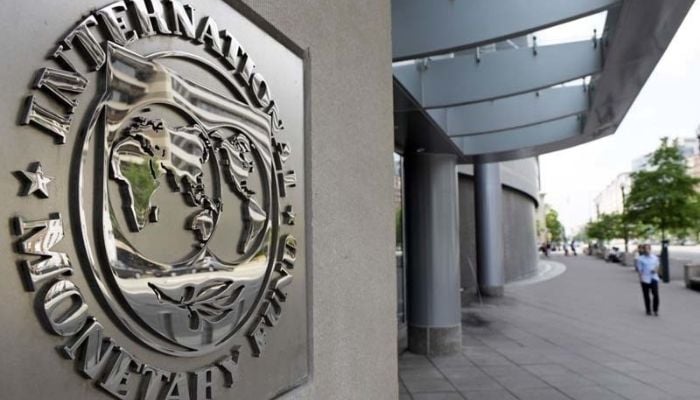
- IMF asks Pakistan to raise electricity and gas prices.
- IMF approved the sixth review and $1 billion tranche under the $6 billion Extended Fund Facility for Pakistan.
- The next step would be for NEPRA to approve the new tariff structure by end-February 2022.
ISLAMABAD: The International Monetary Fund (IMF) has asked Pakistan to raise electricity and gas prices to align energy tariffs with cost recovery, The News reported on Monday.
According to the IMF's staff report released after the Fund's Executive Board approved the sixth review and $1 billion tranche under the $6 billion Extended Fund Facility (EFF) for Pakistan, regular implementation of tariff adjustments in line with established formulas was critical to lend credibility to the newly-independent energy regulator, halt arrears accumulation, and implement the Circular Debt Management Plan (CDMP).
Authorities agree, according to the IMF assessment, that a subsidy reform is needed to properly protect the vulnerable, offer greater fairness, and cut budget expenses. A smaller number of subsidised consumers and a more progressive tariff structure are key features.
On September 18, they completed some initial measures to this purpose, although they were unable to reduce total net subsidies (as previously envisaged in the end-June 2021 SB). Supported by the World Bank, the authorities seek cabinet approval by end-January 2022 (new end-January 2022 SB) for (i) removing the previous slab benefit; and (ii) increasing the effective tariff of the unprotected slabs by at least PRs0.5 per kwh. The next step would be for NEPRA to approve the new tariff structure by end-February 2022.
The delays, according to Pakistani authorities, were made to reduce the cost of the COVID-19 pandemic to the population, support economic recovery, and reduce persistent inflation.
“The FY2022 Annual Rebasing is on track to be notified by February 2022 as per the updated CDMP, which will help contain monthly fuel price adjustments (FPA),” the report added. It clearly indicates that more tariff hike in the shape of FPA is on cards, which may go up by Rs1.50 to Rs 2 per unit, said the official sources.
According to the IMF assessment, the energy sector is in jeopardy due to long-standing deficiencies. They've created an unsustainable stock of arrears (circular debt, CD) that impacts the entire power-gas-petroleum chain and weighs on the banking sector, budget, and actual economy during the last decade. Despite the collection of deferrals granted in FY2020, sector viability deteriorated further in FY2021, as the authorities continued to delay normal price adjustments and grant temporary subsidies.
The electricity sector's Circular Debt (CD) flow reached 0.6 percent of GDP in FY2021, bringing the CD stock to 4.8 percent of GDP at the conclusion of the year. In general, CD flow has stayed significantly above planned levels since the programme began, owing to delays in tariff revisions, high financing costs, and operating losses by distribution companies (DISCOs).
According to the IMF, revamping the energy sector necessitates long-term reform efforts. This is especially essential because, in the short term, recovery costs are expected to climb as new generation capacity comes online, international commodity prices rise, and the rupee depreciates. While some recent actions (such as the late-July enactment of NEPRA Act modifications and the renegotiation of IPP contracts) may help combat mounting arrears, making a dent will require the consistent implementation of a comprehensive, socially-balanced reform approach.
According to the research, a significant CD stock of more than 1% of GDP has accumulated in the gas sector, pending the completion of the authorities' ongoing cleanup of the underlying data. Unaccounted for gas losses (UFG), frequently delayed sales price adjustments, uncovered subsidies (particularly for export and zero-rated industries), and collection shortfalls are the main drivers.
The authorities agreed that this objective requires action on several fronts. They are currently working on revising end-user prices, which would be the first since September 2020. Staff reiterated the importance of the parliamentary adoption of the OGRA Act by end-June 2022 (end-June 2021 SB; reset to end-June 2022) to support regular and full cost recovery going forward.
Moreover, the two T&D companies have stepped up measures to bring down UFG losses (including through infrastructure improvements, network rehabilitation and theft control programs). Staff noted that the unbundling of the Transmission & Distribution (T&D) companies would further incentivise a speedy implementation of these UFG-reducing programs. While the recently introduced regular UFG monitoring reports help transparency and better planning, steadfast implementation of cost-reducing reforms is needed as well as the establishment of accountability and mitigation measures for missed UFG targets, the IMF report concluded.
Originally published in The News




